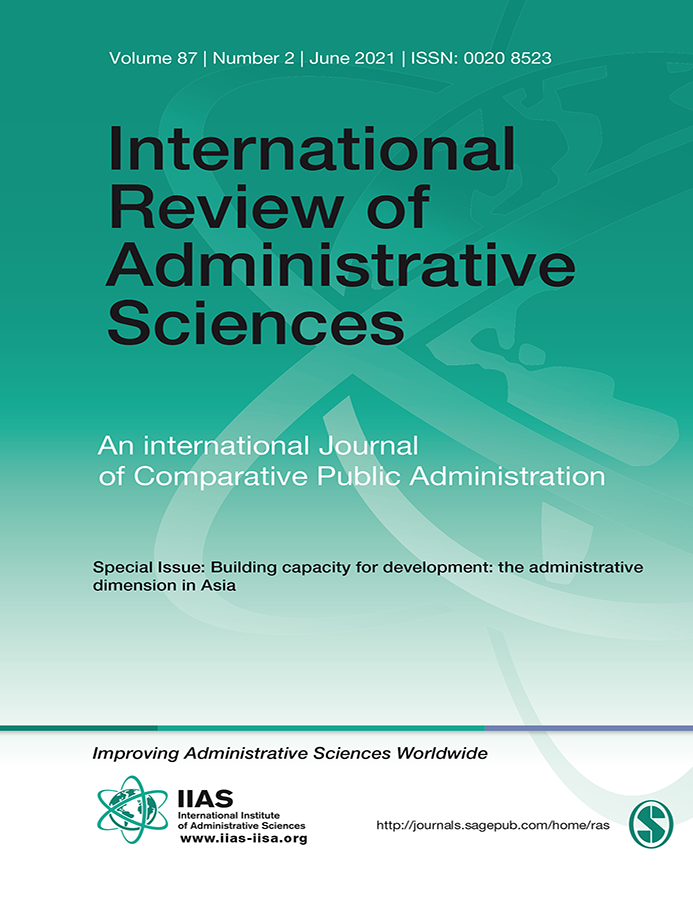
Structures and functions of complex evaluation systems: comparison of six Central and Eastern European countries
Evaluation practice is vital for the accountability and learning of administrations implementing complex policies. This article explores the relationships between the structures of the evaluation systems and their functions. The findings are based on a comparative analysis of six national systems executing evaluation of the European Union Cohesion Policy. The study identifies three types of evaluation system structure: centralized with a single evaluation unit, decentralized with a coordinating body and decentralized without a coordinating body. These systems differ in terms of the thematic focus of evaluations and the targeted users. Decentralized systems focus on internal users of knowledge and produce mostly operational studies; their primary function is inward-oriented learning about smooth programme implementation. Centralized systems fulfil a more strategic function, recognizing the external audience and external accountability for effects.
Please find more information here.




